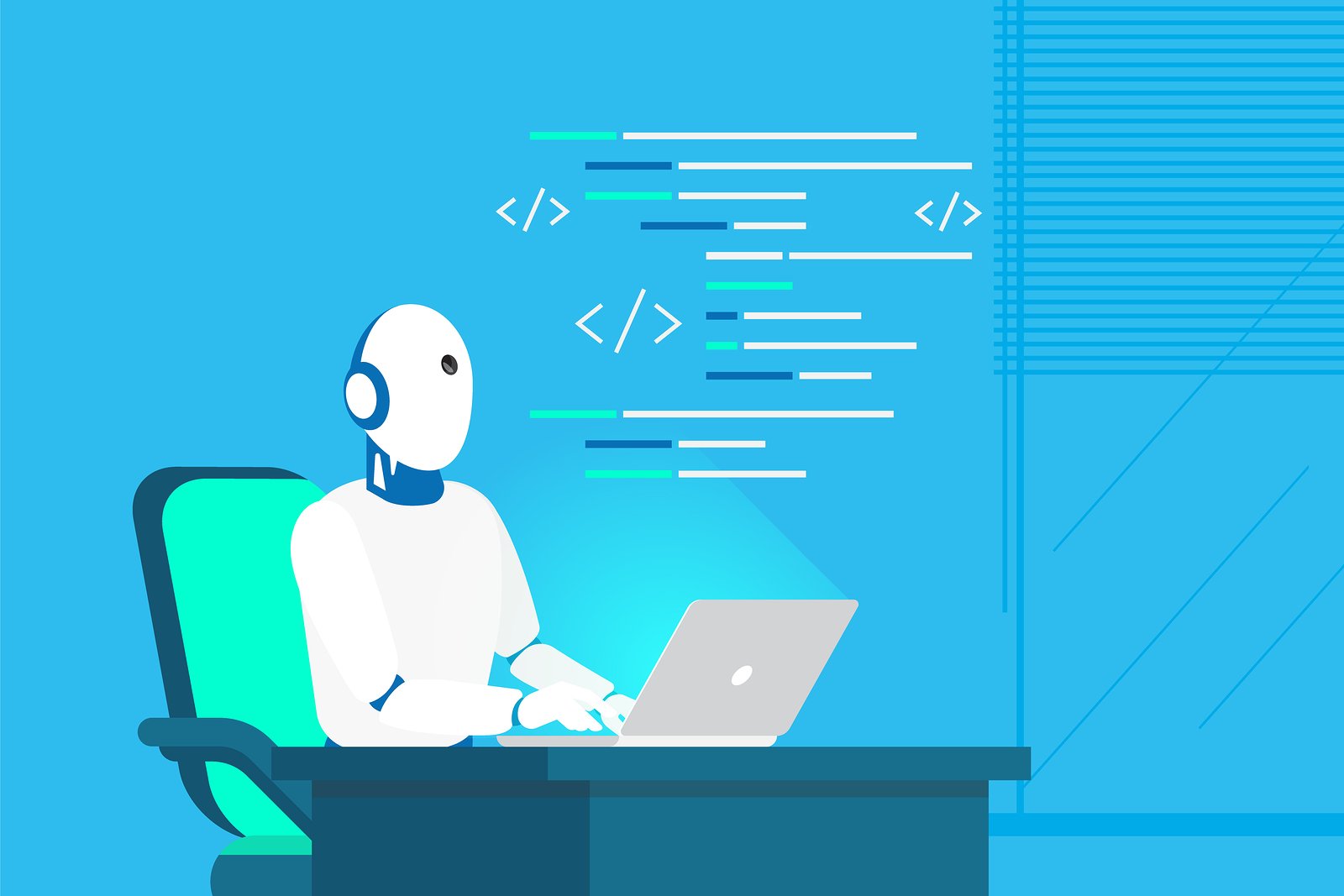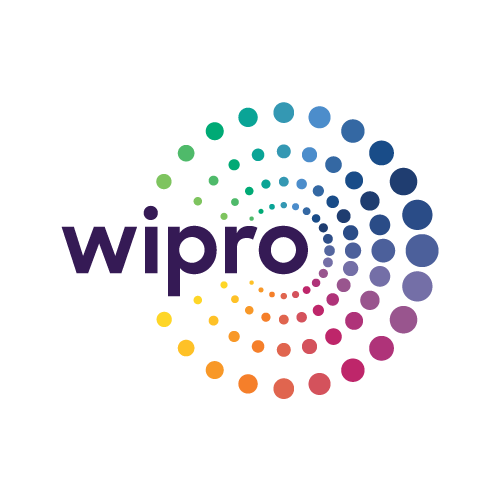ML Frameworks have become a standard paradigm these days. They not only democratize the development of machine learning algorithms but also speedup the process. And not just open source community, but large organization are also realizing the need to launch their own frameworks. Infact, just a month back Amazon’s AWS and Microsoft have together announced Gluon, a new open source deep learning interface.
We have sorted the machine learning frameworks on the basis of their popularity on web searches. Higher popularity indicates constant development, support and community engagement, which is needed requirement for experts using these frameworks. But first, let’s define it.
What is Machine Learning Framework
A Machine Learning Framework is an interface, library or tool which allows developers to more easily and quickly build machine learning models, without getting into the nitty-gritty of the underlying algorithms.
It provides a clear, concise way for defining machine learning models using a collection of pre-built, optimized components. Some of the key features of good ML framework are:
- Optimized for performance
- Developer friendly. The framework utilizes traditional ways of building models.
- Is easy to understand and code on
- Is not completely a black box
- Provide parallelization to distribute the computation process
Overall, an efficient ML Framework reduces the complexity of machine learning, making it accessible to more developers.
10 Popular Machine Learning Frameworks
1. Amazon Machine Learning
Amazon Machine Learning (Amazon ML) is a robust, cloud-based service that makes it easy for developers of all skill levels to use machine learning technology. Amazon ML provides visualization tools and wizards that guide you through the process of creating machine learning (ML) models without having to learn complex ML algorithms and technology. Once your models are ready, Amazon ML makes it easy to obtain predictions for your application using simple APIs, without having to implement custom prediction generation code, or manage any infrastructure.
2. Apache Mahout
Apache Mahout is a project of the Apache Software Foundation to produce free implementations of distributed or otherwise scalable machine learning algorithms focused primarily in the areas of collaborative filtering, clustering and classification. Many of the implementations use the Apache Hadoop platform. Mahout also provides Java libraries for common maths operations (focused on linear algebra and statistics) and primitive Java collections. Mahout is a work in progress; the number of implemented algorithms has grown quickly, but various algorithms are still missing.
3. Apache MXNet
MXNet is a modern open-source deep learning framework used to train, and deploy deep neural networks. It is scalable, allowing for fast model training, and supports a flexible programming model and multiple languages. The MXNet library is portable and can scale to multiple GPUs and multiple machines. MXNet is supported by major Public Cloud providers including AWS and Azure Amazon has chosen MXNet as its deep learning framework of choice at AWS.
4. Apache Singa
SINGA is an Apache Incubating project for developing an open source machine learning library. It provides a flexible architecture for scalable distributed training, is extensible to run over a wide range of hardware, and has a focus on health-care applications.
5. Caffe2
Caffe2 aims to provide an easy and straightforward way for you to experiment with deep learning and leverage community contributions of new models and algorithms. You can bring your creations to scale using the power of GPUs in the cloud or to the masses on mobile with Caffe2’s cross-platform libraries.
6. H2O
H2O.ai emerged in 2011 from a grassroots culture of data transformation. With H2O, the main product, a plethora of machine learning models (from linear models to tree-based ensemble methods to Deep Learning) can be trained from R, Python, Java, Scala, JSON, H2O’s Flow GUI, or the REST API, on laptops or servers running Windows, Mac or Linux, in the cloud or on premise, on clusters of up to hundreds of nodes, on top of Hadoop or with the Sparkling Water API for Apache Spark.
7. Microsoft Cognitive Toolkit
The Microsoft Cognitive Toolkit—previously known as CNTK—empowers developers to harness the intelligence within massive datasets through deep learning by providing uncompromised scaling, speed, and accuracy with commercial-grade quality and compatibility with valrious programming languages and algorithms.
8. Scikit-Learn
Scikit-learn (formerly scikits.learn) is a free software machine learning library for the Python programming language. It features various classification, regression and clustering algorithms including support vector machines, random forests, gradient boosting, k-means and DBSCAN, and is designed to interoperate with the Python numerical and scientific libraries NumPy and SciPy.
9. TensorFlow
TensorFlow is an open-source software library for dataflow programming across a range of tasks. It is a symbolic math library, and also used for machine learning applications such as neural networks. It is used for both research and production at Google,often replacing its closed-source predecessor, DistBelief.
TensorFlow was developed by the Google Brain team for internal Google use. It was released under the Apache 2.0 open source license on November 9, 2015.
10. Theano
Theano is a Python library that allows you to define, optimize, and evaluate mathematical expressions involving multi-dimensional arrays efficiently. It can use GPUs and perform efficient symbolic differentiation.








































































































